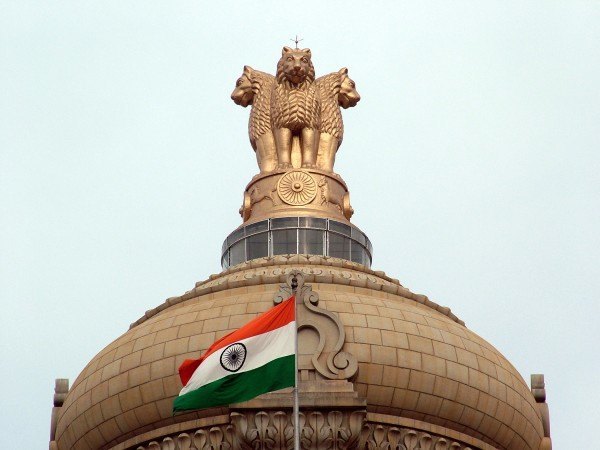
The Digital India Act represents the future of Indian legal thought in the digital age. For judiciary aspirants, it’s not just another law—it’s a glimpse into how the Indian legal system is evolving to meet the needs of a digital Bharat.
As India transitions into a digital-first economy, the Digital India Act (DIA) is set to become a landmark legislation, replacing the outdated Information Technology Act, 2000. For judiciary aspirants and law students, understanding this upcoming law is not only important from an exam perspective but also crucial for staying relevant in a rapidly evolving legal landscape.
In this blog post, we break down the key features, impact, and relevance of the Digital India Act, especially for those preparing for judiciary exams and law entrance tests.
📌 What is the Digital India Act?
The Digital India Act, 2023-24 (expected to be passed in 2025) is a proposed law that aims to regulate India’s digital space more effectively. It seeks to address cybersecurity, online privacy, content moderation, data governance, and the responsibilities of digital platforms, which the old IT Act couldn’t fully cover.
With India now hosting over 850 million internet users, the need for an updated, comprehensive, and tech-forward law is undeniable.
🏛️ Why Was the IT Act Replaced?
The Information Technology Act, 2000, although pathbreaking at the time, was enacted when social media, online marketplaces, digital currencies, and AI-based platforms didn’t exist in their current form.
Key limitations of the IT Act:
Did not regulate intermediaries like Facebook, YouTube, or WhatsApp effectively.
Lacked robust provisions for user privacy, deepfakes, and AI-generated misinformation.
Was silent on children’s online safety, digital monopolies, and cross-border data flow.
Hence, the Digital India Act was introduced to modernize digital regulation in India.
🧠 Key Features of the Digital India Act (Expected)
Though the final draft is still awaited, here are the main features being discussed:
1. Expanded Definition of Intermediaries
Includes social media platforms, e-commerce websites, AI tools, gaming apps, etc., holding them accountable for content and user safety.
2. Stronger Privacy & Data Protection
Complements the Digital Personal Data Protection Act (DPDP Act), 2023 by giving citizens more control over their personal data online.
3. AI & Deepfake Regulation
Special provisions to regulate AI-generated content, especially deepfakes, misinformation, and biased algorithms.
4. Online Safety of Children
Focus on age-appropriate content, parental consent, and preventing online abuse targeting minors.
5. Faster Grievance Redressal
Obligations on digital platforms to respond to user complaints and legal notices in a time-bound manner.
6. Digital Nagrik Rights
The DIA may introduce a “Digital Bill of Rights” ensuring freedom of expression, protection against surveillance, and digital access as a public good.
📘 Relevance for Judiciary Aspirants
Here’s why the Digital India Act is important for your judiciary exam preparation:
✅ 1. Current Affairs & Legal GK
This law is likely to be a hot topic in interviews, mains exams, and essays. You may be asked:
What is the Digital India Act?
How does it differ from the IT Act, 2000?
What challenges do digital laws face in India?
✅ 2. Essay & Judgment Writing
Topics like privacy vs regulation, online speech, and the role of the State in digital governance are very likely to come up.
✅ 3. Static Law Subjects
The intersection of constitutional rights (Articles 14, 19, 21) with digital laws provides ample scope for legal analysis—especially in Fundamental Rights, IT laws, and IPC (cyber offences).
⚖️ Challenges & Criticism
While the Digital India Act is forward-looking, it is not without concerns:
Ambiguity in defining harmful content could lead to censorship.
Potential over-regulation of online platforms.
Concerns over State surveillance and digital freedom.
These issues may be discussed in future Supreme Court cases, making the law a dynamic and evolving field.
🧾 Conclusion: What Should Law Students Do?
Stay updated on the final draft and passage of the Act.
Read about case laws related to online privacy and freedom of speech (like Puttaswamy judgment).
Track developments in the Digital Personal Data Protection Act and intermediary guidelines.
Revise relevant parts of IT law, Constitution, and IPC (cybercrime provisions).
The Digital India Act represents the future of Indian legal thought in the digital age. For judiciary aspirants, it’s not just another law—it’s a glimpse into how the Indian legal system is evolving to meet the needs of a digital Bharat.

